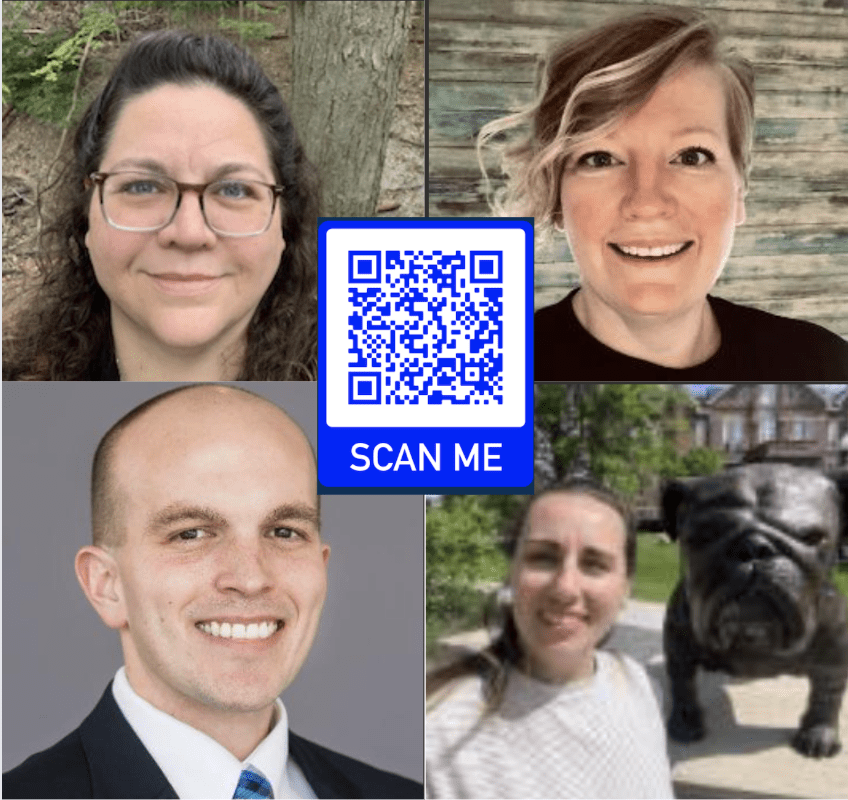When students have mental health challenges, Drake University has resources in place. These include urgent appointments at the Counseling Center and the work of staff members.
Redefining crisis care
This year, the Counseling Center changed its definition of crisis, Counseling Center Director Kayla Bell said. Their definition previously focused on harm to self or others.
“How we define crisis is anything that feels imminent to someone or urgent to someone,” Bell said. “So that can be…I can’t get out of bed, and I have to take this exam, and I can’t do that.”
“If that’s a crisis to you, it’s a crisis to me,” she said. “All the way up to safety to self and others.”
A panic attack can also be a crisis, Bell said. On Tuesdays and Thursdays from 9 a.m. to 3 p.m., a counselor will be available for urgent counseling hours. Students can also set up a counseling appointment through the telehealth service Uwill.
“If we only help people when they’re a threat to safety, we’ve missed all the other opportunities to really help them before it got to that point,” Bell said.
The Center’s website provides resources for students who need well-being resources or emergency mental health services. Students can also reach out to local providers and various hotlines on the website.
During business hours, students who need emergency mental health services can call the center at 515-271-3864 or Drake Public Safety at 515-271-2222. Outside of business hours, students are advised to call Public Safety or 911.
Staff create care plans for student
The university has a five-member Dean of Students on-call team that plays a role in supporting students, according to Dean of Students Hannah Clayborne.
“…We meet on a weekly basis to talk about if anything happened,” Clayborne said. “And if so, if there’s a need for follow-up. But most, I think if not all, institutions have some form of an on-call team for these types of concerns or emergencies.”
Clayborne thinks the team primarily focuses on the hours of 5 p.m. to 9 a.m. when emergencies occur “in a lot of cases.” The team includes Clayborne, Fraternity and Sorority Life Director Liz Cadwell and Lynne Cornelius, the director of prevention education and programs.
Residence Life Director Lorissa Sowden and Community Standards Director Nick Shell, whose office investigates violations of the Code of Conduct, are also members.
But while Drake has the formal Dean of Students on-call team, there’s an informal element as well, Clayborne said. A professor or another administrator could provide information to ensure a plan meets a student’s needs.
“Once we’re notified and we can figure out: ‘Oh, this student’s on-campus [or] off-campus’; we have this information about the student; they may need assistance financially, academically, personally—then we can begin to create that care plan for the student,” Clayborne said.
Meanwhile, a second team of Drake staff includes members or a representative from the Dean of Students team, Residence Life on-call team, Access and Success, Public Safety and Athletics, Clayborne said. This “Behavioral Intervention Team/Care team” works to stay updated on what’s going on with particular students.
The primary goal of the team is that if a student has “financial issues, personal issues, death of a loved one [or] academic concerns, that there’s some form or some type of response that is offered to them that they find beneficial,” Clayborne said.
Expanding services to meet needs
Bell thinks her goal would be for the Center to provide crisis services every day without reducing the availability of appointments. The Counseling Center is currently hiring for a fifth full-time counselor, she said.
Increased availability could also help create opportunities for students who want to talk to someone but who don’t have an urgent need and don’t need to do therapy.
“And it would be great to explore ways to meet that need,” Bell said. “That could be a 20-minute just check-in. [Not everyone has] a friend they can call or a family they can call, but it would be great to just process it and just be okay.”
The hope is that a part-time counselor could potentially join this semester and then take the position for the fall, according to Bell. The center’s average wait time is currently 3.5 days for a student’s initial appointment.
“I could see that wait time significantly decreasing,” Bell said. “But when that decreases it also gives [the] opportunity to do more on campus because we know every student is not always going to want to come to a counseling appointment.”







